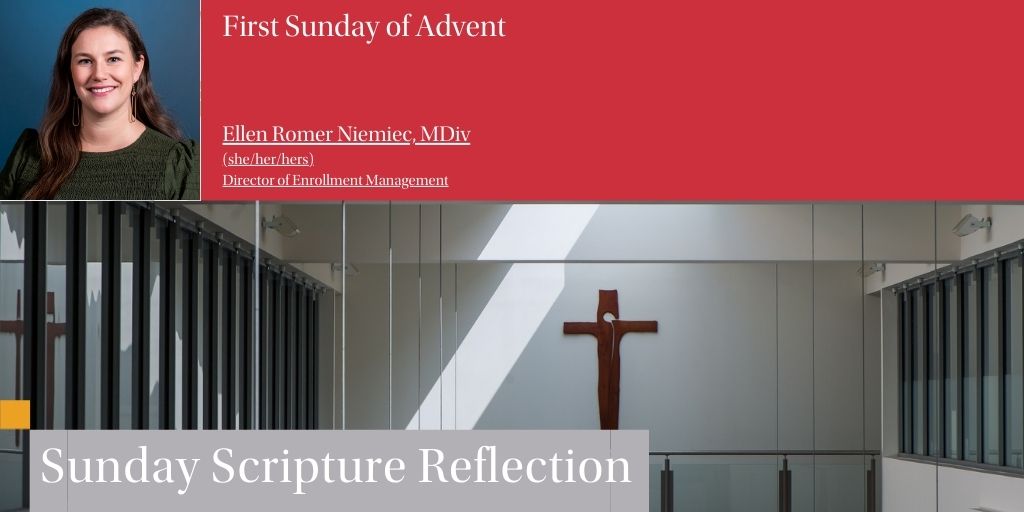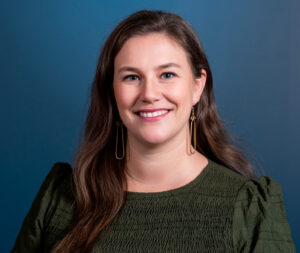

Readings:
Isaiah 2:1-5
Psalm 122: 1-2, 3-4, 4-5, 6-7, 8-9
Romans 13:11-14
Matthew 24:37-44
As a parent of three, I am familiar with the practice and discipline of waiting. The initial waiting of 9 months for a child to slowly grow, trusting that it’s happening while never really getting to see what is going on within my own body, let alone my soul. The practice of waiting evolves into nights waiting for a fever to break, for the cries to wane or for their little selves to finally fall asleep. It is becoming a process of waiting to see what they will reveal of themselves, who it is that God has really created. And sometimes I am just waiting for them to get their shoes tied and into the car for school. But the practice of waiting and watching for what is to come has become a constant practice in my life.
Entering into this season of Advent, the practice of watching has taken new turns. In Chicago, many communities have taken up the practice of watching for their neighbors, especially our migrant brothers and sisters and those who have been made even more vulnerable. I took my children whom I watch so closely to stand watch with our Church at Mass at the Broadview detention center a few weeks ago alongside many of our friends and colleagues. I stand watch on school corners, for anxious cars, wayward children and masked drivers. Watching now includes whistles and zines folded by the hands of communities gathered. We do not watch alone, but alongside one another. Waiting has become, unfortunately, a more anxious practice than has been typical, but remains utterly sacred as we continue to watch for those who God created lovingly and purposefully.
I am reminded by the Psalm today that while my waiting today feels anxious, we are invited to wait and move forward with joy. We do not just keep watch to keep one another safe but to also look for the joy and light amid the darkness. We do not wait about to pass the time, but to pass along witness to hope and solidarity. To notice those standing on street corners with whistles and carrying communion outside detention centers are beacons of light amid the darkness. That those who wait inside, afraid to go out, may see them as light and have real hope that God will always be our light in the darkness and that the darkness will always overcome the light. The waiting may feel heavy and dark at times these days, but we do wait in joyful hope.
Ellen Romer Niemiec, MDiv(she/her/hers)Director of Enrollment Management